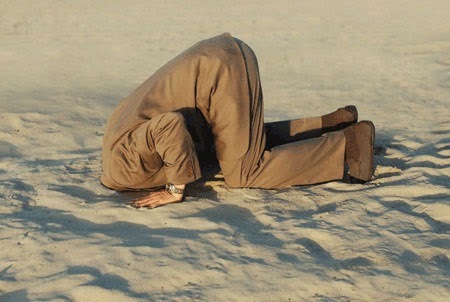After a season of hype,
consistent winning form, and a whole lot of basketball tradition, the epic
semi-final rematch between the Kentucky Wildcats and Wisconsin Badgers lived up
to the drama.
Just last year in the same
match up in the national semi-finals, Kentucky edged Wisconsin by one point on
a buzzer beater, This year Wisconsin
turned the tables and shocked the basketball world by ending Kentucky's
historic 38 game winning streak two victories shy of perfection.
The final scoreboard read Wisconsin 71-64 but the grit and determination of the
Badger squad in battling back from deficits was the determining factor. Kentucky , as
usual, fought back from deficits of nine-points in the first-half and 8 points
in the second-half and with six minutes left in the game held a four point lead
after outscoring Wisconsin 16-4.
Suddenly the Kentucky Wisconsin
Shock waves swept through
the Kentucky Blue nation as tears of sadness rather than joy were shed at the
end of the game. Twice in the closing
minutes, bad calls by the refs went against UK
For Wisconsin Kentucky
The Badgers focused solely
on winning only the second national championship in history for Wisconsin
In the end,
The Wildcats repeatedly bled the clock dry, put the ball in the hands of one of the Harrison twins and asked them to create off the dribble against Koenig, but they were not able to score with anywhere near the ease they did during a first half when they combined for 18 points.
Three straight
He said his team struggled
to guard Wisconsin 's players, and the rebound
battle -- which Wisconsin
Kamisky, who turned 22 on
Saturday, was asked how the Badgers out rebounded a team that is the tallest in
basketball.
"We stayed into them,
attacking them, trying to do whatever we can," he said. "Just trying to
keep them off the glass was one of our main priorities."
Regardless of why it happened, the ending was still a shock for the legions of























